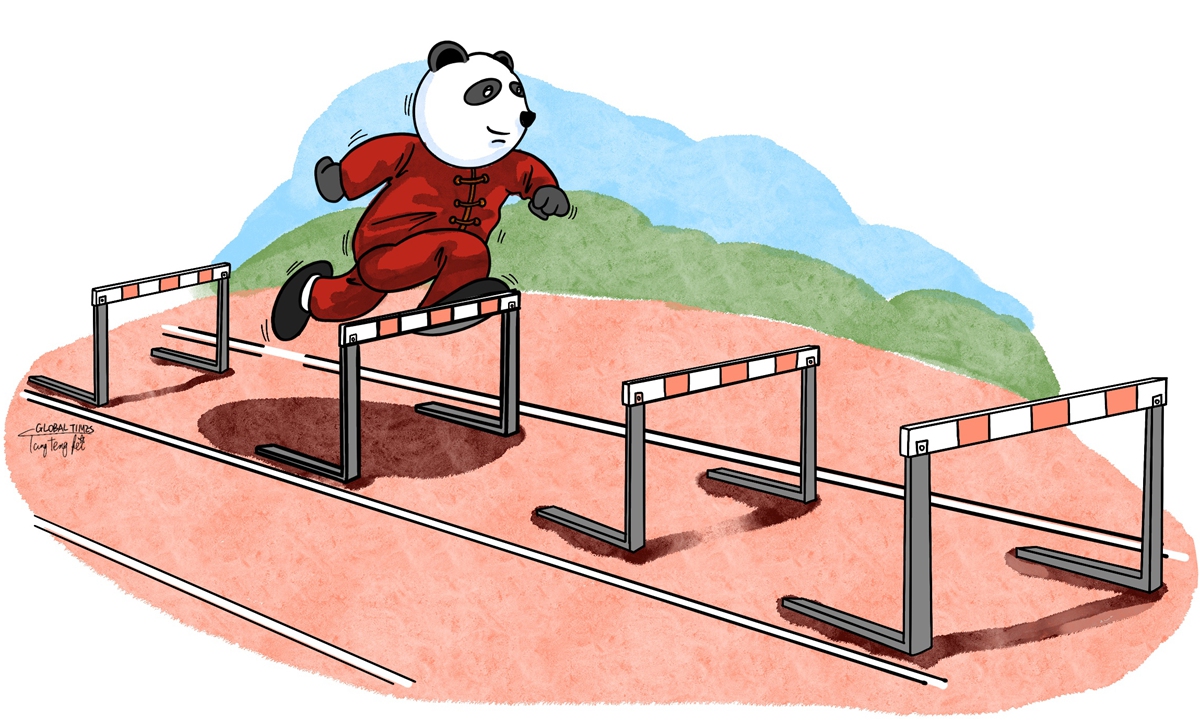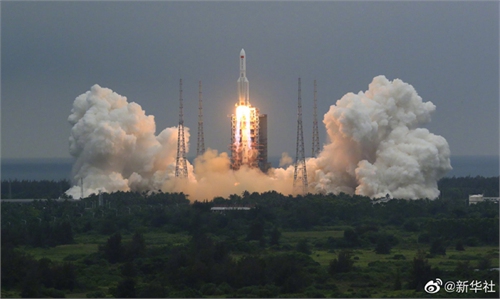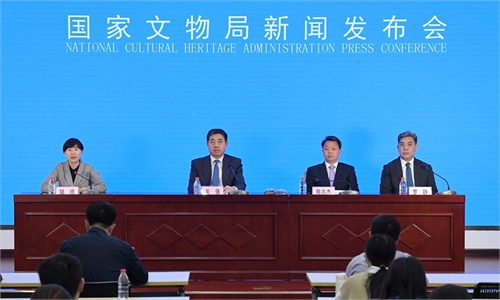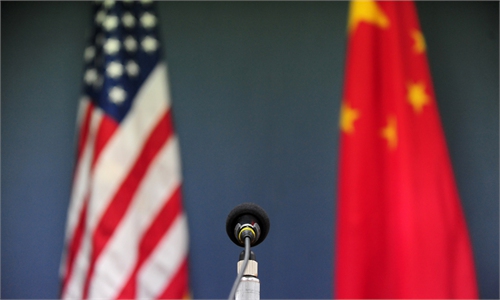
Illustration: Tang Tengfei/GT
Today, the value in the wave of postmodernism in the West is characterized by being fragmented, diverse and hollow. People's values have changed from being materialistic to being post-materialistic. They no longer focus on material consumption and personal safety. Instead, they care more about the quality of life, with particular attention to issues such as freedom of expression, environmental protection and, gender equality, and so on. Meanwhile, some are senseless in terms of certain realistic issues.US political scientist Ronald Inglehart's theory of intergenerational value change can provide a good explanation of thise above phenomenon. He argues that the basic values of individuals reflect the conditions of their lives in their pre-adult stage of life. As the values of specific age groups do not change significantly with age, the transformation of the values of society as a whole occurs through intergenerational population replacement.
For example, after World War II, people living in the developed countries have experienced peace and unprecedented prosperity since World War II. They lived a life that was safer than ever before. Thus, peoplethose born in the post-WWII era took survival for granted and . They began to pursue the realization of personal values after their basic survival needs are met.
There are currently four theories about the deeper influencing factors of the phenomenon of intergenerational change in values.
First, Inglehart notes argues that there are four drivers of value formation: economic and technological development, education level, childhood experiences of a generation, and mass media. For instance, in developed societies the development of the economy and technology in developed societies has meet the needs of an increasing proportion of the population for food and clothing. With this, people's educational levels of the people have been continuously improved, and a new generation with different childhood experiences was born who lacked the experience of an all-out war.
Second, renowned USAmerican political scientist Joseph Nye's theory of soft power explains the international background of the intergenerational value changes. Western governments have been implementing values-based soft power projection to other countries throughout World War I, WWII and the Cold War. They continue even in the Information Age.
Third, French sociologist, philosopher and cultural theorist Jean Baudrillard's book The Consumer Society explains the economic reasons behind the change in values. He believes that post-modern consumer society will inevitably lead to the manipulation of fragmented topics. With psychological skills and structured advertisements, capital is able to create a world filled with pseudo events, history and culture. Thus, capital creates anxiety and disputes among people and achieves the circulation of products.
The emergence of new technologies such as artificial intelligence (AI) also explains the change in values. In the era of AI, algorithms have become a new type of social order in addition to government monitoring and law. The logic of AI marketing is the same as that of traditional media marketing - both aim at creating people's confusion and thereby creating profits.
Values shape people's political skills and thus shape a country's political structure. Today, due to rapid national development and progress, there have also been changes in values in China. Compared with five years ago, Chinese people's values have been getting closer to those in developed countries, leaning toward post-materialist values. How might humanity overcome the challenges of the fragmentation of values after entering a developed society?
First, promote scientific research on values, explore the establishment of dynamic system of digital values and implement systematic guidance and intervention. Second, deepen the digital governance system of the modern society. AI technology should lead to integration and creation, not fragmentation. We also need to promote education for international understanding, a concept put forward by UNESCO.
It regards responsibility, justice, equality, freedom, tolerance, reconciliation and humanity as core values, and advocates mutual understanding and respect between different civilizations and different cultures. This can build a more tolerant world and promote world peace. Last but not least, we should avoid excessive emphasis on efficiency and productivity, and create a resilient and sustainable society.
The author is a professor at School of Media Sciences of Northeast Normal University and visiting professor at Osaka University. opinion@globaltimes.com.cn




